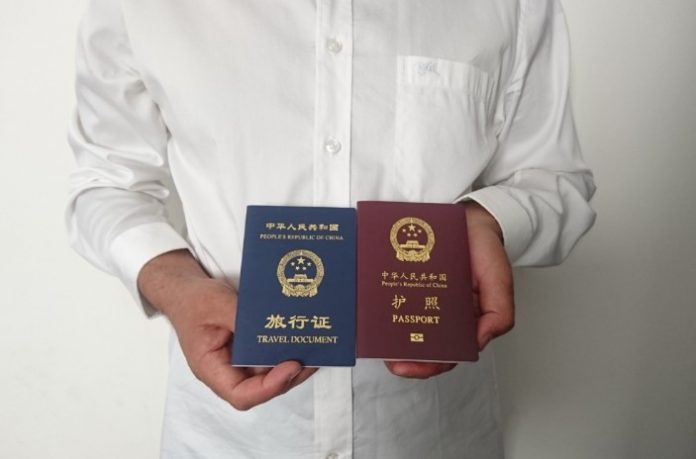While the world’s attention is focused on the devastating war in Ukraine, Saudi Arabia is about to quietly deport a 13-year-old Uyghur child and her mother—along with two other Uyghurs—to China, where they will almost certainly be imprisoned and tortured. This attempted refoulement is not just evil — it’s illegal.
Given the incontrovertible evidence of crimes against humanity in China’s Xinjiang region, Saudi Arabia must not deport these individuals. U.N. special rapporteurs have also warned the Saudi government against the extraditions, but it appears ready to ignore the world’s foremost human rights authority. Not only would the deportation aid and abet crimes against humanity, but it would also violate the Islamic principle of migration, or hijrah, which obliges Muslims to offer protection to those seeking refuge and asylum.
This crime is even more flagrant considering that the Uyghurs were imprisoned just outside Mecca at the beginning of Ramadan. The stewards of Mecca have violated the sanctity of Islam’s holiest place during its holiest month with this violence, but it is not too late to make things right for these four innocent people.
This worrying development, while shocking, fits well within a now-familiar pattern from two of the world’s worst perpetrators of transnational repression. China has been singled out by Freedom House as being particularly guilty of this tactic, while Saudi Arabia remains infamous for its extraterritorial murder of the journalist Jamal Khashoggi. These cases are strong indicators of the growing trend of authoritarian governments’ reach beyond their borders. Despite its status as an ally of the United States, Saudi Arabia has increasingly strong ties with its fellow authoritarian state in Beijing.
Uyghurs may face uniquely intense intimidation by the Chinese police state with its advanced surveillance capability, but the tactics of transnational repression are increasingly popular with other governments. Iran’s recent attempted kidnapping of a human rights activist in the United States is a clear example of the reach that authoritarian regimes can have and the lengths they will go to in order to silence an exile community.
Exile communities cannot feel safe even after they’ve escaped to outside countries, as the practice of transnational repression proliferates without any significant response. Uyghurs are at the greatest risk since China wields significant economic and diplomatic power over the countries with the largest diaspora communities. These states can be coerced into deporting Uyghurs and be persuaded to praise the Xinjiang police state at the United Nations. International law is an expensive tool for China, which frequently abuses Interpol’s “red notice” system to repatriate diaspora Uyghurs and dissidents, forcing the deportations through even after Interpol finally steps in to object.
Transnational repression is an inhumane practice and a dangerous threat to human rights worldwide. It’s not just exiles from China who are affected. Russia has a record of going after dissidents worldwide and will no doubt target Ukraine’s newly displaced civil society leaders and human rights defenders. The longer this crisis goes unaddressed, the stronger the precedent to be seized on by other states lusting to crush dissidents beyond their borders.
States need to immediately provide legal protection to vulnerable exile communities. Whether through expedited asylum, legislation to provide permanent residency, or some other measure, action must be taken now to protect those whose countries of origin are committed to harming them. Again, this crisis is most pressing for the Uyghurs, who from Turkey to the United States live in an agonizing stateless limbo. To fix this, the U.S. Congress must revive and pass the Uyghur Human Rights Protection Act, establishing a fast track to asylum and offering a safe, permanent home to Uyghurs living in constant fear of deportation and surveillance across the diaspora.
To protect vulnerable exile communities across the spectrum, Congress must also pass the Transnational Repression Accountability and Prevention Act, which would put a stop to Interpol abuse. This should be the beginning of a wave of similar legislation across the world. The EU countries’ refugee espionage laws must be reexamined and amended to encompass multifaceted aspects of transnational repression and offer much-needed protection to the exile community. We cannot allow ourselves to be helpless when we are called to protect the weak. As a 13-year-old girl and her mother await deportation by a U.S. ally to hellish torment, we must ask ourselves why we are unable—or unwilling—to help. We must not be asking ourselves the same thing the next time a similar crisis inevitably emerges. By Rayhan Asat/ Foreign Policy




